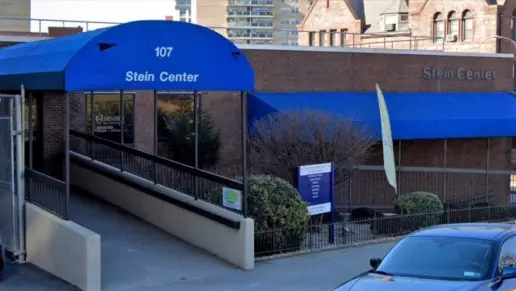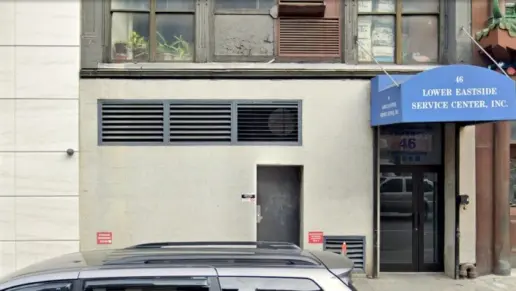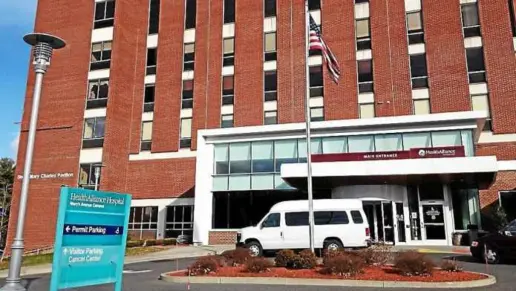it has been two years since i left Cornerstone thanks to Lory Costa that took her time to reach out to me and gave me words of encouragement and advice today i have been clean for the past two year got a job working for the city as a peer counselor and al cause i became open ...
About Cornerstone of Rhinebeck NY
Cornerstone Rhinebeck sits on 32 acres of scenic landscape surrounded by lush greenery and trees on the edge of a lake in Rhinebeck, New York. It is easily accessible by several major highways or public transportation including Amtrak and Metro North. This 99 bed facility has an incredible reputation for quality substance abuse treatment. They’re located within the beautiful Hudson Valley region of New York. Their CARF accreditation confirms their commitment to quality treatment. Clients are treated with kindness and compassion by their highly experienced team of professionals.
Their residential treatment for substance use/abuse starts with assessment and medically supervised detox. This is followed by individualized treatment planning, inpatient rehabilitation and aftercare support. Detox is the first stage of alcohol/drug treatment geared towards eliminating addiction related toxins from your body.
Medically supervised detox involves round the clock monitoring of the withdrawal process by trained physicians. These experts may use therapy and FDA approved medicine to ease the withdrawal symptoms. This ensures a safe and con detox experience. Their detox program offers variable lengths of stay depending on your unique condition.
After detox, you’ll need to continue with the inpatient rehab for a lasting recovery. This program equips you with the necessary skills to maintain a clean and sober lifestyle. It involves 24 hour medical, nursing and counseling services.
Their multidisciplinary team will first conduct a biopsychosocial evaluation and develop an individualized treatment plan. This leads to a structured rehabilitation program involving individual and group therapy, activity therapy, lectures and films.
You’ll also participate in nutritional counseling, educational seminars and 12 step meetings like AA/CA or NA. These are all geared toward helping you develop robust coping mechanisms for relapse prevention and lasting recovery.
You’ll be maintained on methadone/suboxone if relevant to your long term recovery. An essential component of the program involves comprehensive aftercare planning. This may include referral to community outpatient care for continued recovery or peer-based groups like AA/NA for ongoing support.
They may also connect you to community resources like housing, employment and medical care. This aligns with their commitment to helping you create a solid foundation for recovery through a healthy and supportive network. Comments from past clients reflect an overall positive experience and impressive quality of care.
Facility Overview
Latest Reviews
Rehab Score
Gallery
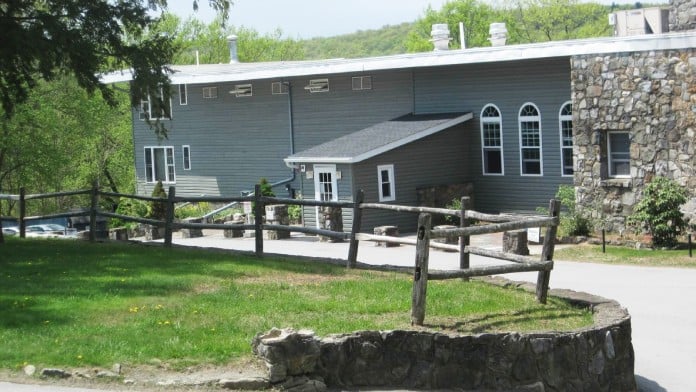
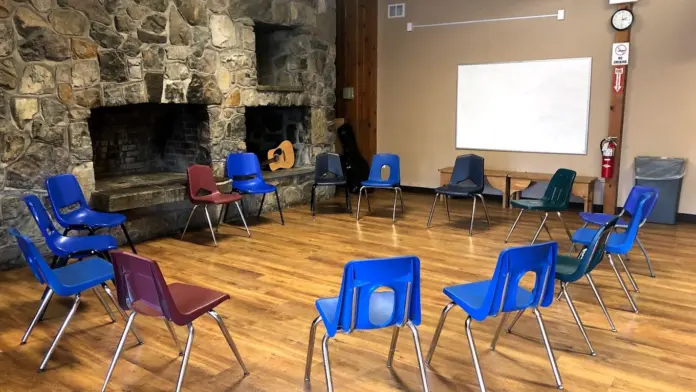
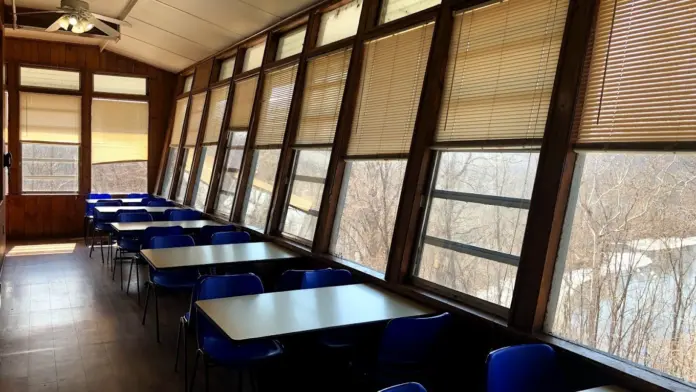
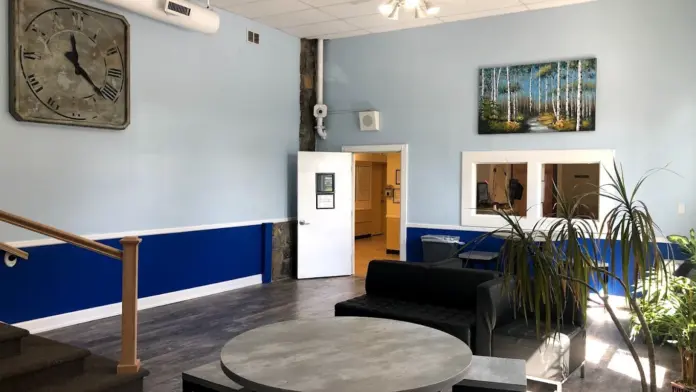
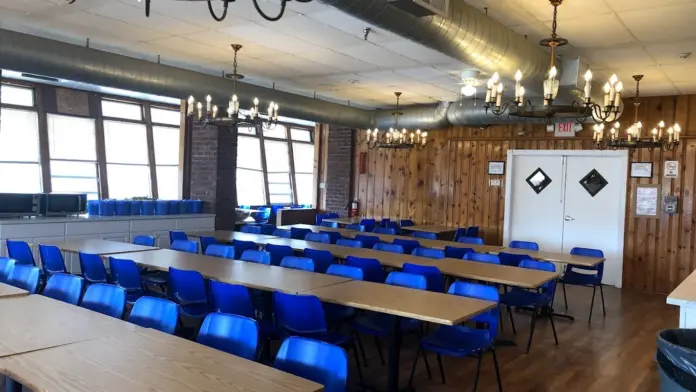
Location
Accepted Insurance
Other Forms of Payment
Medicaid is a state based program that helps lower-income individuals and families pay for healthcare. Medicaid covers addiction treatment so those enrolled can use their coverage to pay for rehab. When a program accepts Medicaid the client often pays very little or nothing out of their own pocket.
Private insurance refers to any kind of healthcare coverage that isn't from the state or federal government. This includes individual and family plans offered by an employer or purchased from the Insurance Marketplace. Every plan will have different requirements and out of pocket costs so be sure to get the full details before you start treatment.
Self-pay involves paying for treatment out of your own pocket. You can use savings or credit, get a personal loan, or receive help from family and friends to fund your treatment. If you don't have insurance or your insurance plan doesn't cover a specific program, self-pay can help ensure you still get the care you need.
Medicare is a federal program that provides health insurance for those 65 and older. It also serves people under 65 with chronic and disabling health challenges. To use Medicare for addiction treatment you need to find a program that accepts Medicare and is in network with your plan. Out of pocket costs and preauthorization requirements vary, so always check with your provider.
Military members, veterans, and eligible dependents have access to specific insurance programs that help them get the care they need. TRICARE and VA insurance can help you access low cost or no cost addiction and mental health treatment. Programs that accept military insurance often have targeted treatment focused on the unique challenges military members, veterans, and their families face.
Addiction Treatments
Levels of Care
Treatments
The goal of treatment for alcoholism is abstinence. Those with poor social support, poor motivation, or psychiatric disorders tend to relapse within a few years of treatment. For these people, success is measured by longer periods of abstinence, reduced use of alcohol, better health, and improved social functioning. Recovery and Maintenance are usually based on 12 step programs and AA meetings.
When you choose drug rehab in New York, you'll participate in a variety of treatments that are designed to help you live a drug-free lifestyle. Common methods of treatment include group, individual, and family counseling, medication management, nutrition, exercise, and management of co-occurring mental health disorders.
Opioid rehabs specialize in supporting those recovering from opioid addiction. They treat those suffering from addiction to illegal opioids like heroin, as well as prescription drugs like oxycodone. These centers typically combine both physical as well as mental and emotional support to help stop addiction. Physical support often includes medical detox and subsequent medical support (including medication), and mental support includes in-depth therapy to address the underlying causes of addiction.
Substance rehabs focus on helping individuals recover from substance abuse, including alcohol and drug addiction (both illegal and prescription drugs). They often include the opportunity to engage in both individual as well as group therapy.
Programs



Clinical Services
Cognitive behavioral therapy (CBT) in New York is a short term therapeutic method used to treat substance use and mental health disorders. CBT typically lasts from five to 20 sessions, based on the individual's needs.
Research clearly demonstrates that recovery is far more successful and sustainable when loved ones like family members participate in rehab and substance abuse treatment. Genetic factors may be at play when it comes to drug and alcohol addiction, as well as mental health issues. Family dynamics often play a critical role in addiction triggers, and if properly educated, family members can be a strong source of support when it comes to rehabilitation.
Group therapy is any therapeutic work that happens in a group (not one-on-one). There are a number of different group therapy modalities, including support groups, experiential therapy, psycho-education, and more. Group therapy involves treatment as well as processing interaction between group members.
In individual therapy, a patient meets one-on-one with a trained psychologist or counselor. Therapy is a pivotal part of effective substance abuse treatment, as it often covers root causes of addiction, including challenges faced by the patient in their social, family, and work/school life.
You can participate in couples therapy to focus on a specific problem in your relationship or for general strengthening of the relationship. This therapy aims to help you improve communication, address conflict, and grow in affection for one another.
Nicotine Replacement Therapy (NRT) is a way of getting nicotine into the bloodstream without smoking. It uses products that supply low doses of nicotine to help people stop smoking. The goal of therapy is to cut down on cravings for nicotine and ease the symptoms of nicotine withdrawal.
Nutrition therapy, aka medical nutrition therapy (MNT), is a way of treating physical, emotional, and medical conditions through diet. Specific dietary plans are designed by professional nutritionists or registered dietitians, and patients follow them in order to positively affect their physical and mental health.
Amenities
-
Residential Setting
-
Private Rooms
-
Hiking
Accreditations

The Substance Abuse and Mental Health Services Administration (SAMHSA) is a branch of the U.S. Department of Health and Human Services. Established in 1992 by congress, SAMHSA's mission is to reduce the impact of substance abuse and mental illness on American's communities.
SAMHSA Listed: Yes

The Commission on Accreditation of Rehabilitation Facilities (CARF) is a non-profit organization that specifically accredits rehab organizations. Founded in 1966, CARF's, mission is to help service providers like rehab facilities maintain high standards of care.
CARF Accreditation: Yes

State Licenses are permits issued by government agencies that allow rehab organizations to conduct business legally within a certain geographical area. Typically, the kind of program a rehab facility offers, along with its physical location, determines which licenses are required to operate legally.
State License: New York
Contact Information
91 Serenity Hill Rd
Rhinebeck, NY 12572





